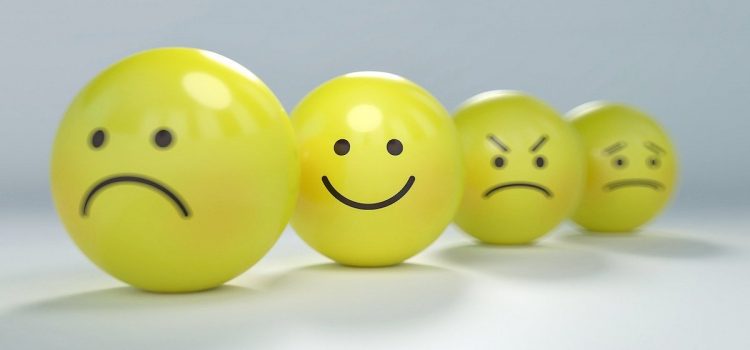

This article is an excerpt from the Shortform book guide to "Justice" by Michael Sandel. Shortform has the world's best summaries and analyses of books you should be reading.
Like this article? Sign up for a free trial here.
What is utilitarianism in philosophy? How do utilitarians define morality?
Utilitarianism is a moral philosophy arguing that the morality of an action or choice depends on how much happiness or pain it creates. “Happiness” to utilitarians (which they call “utility”) means pleasure and the fulfillment of desires, while a lack of happiness means pain or deprivation of desires.
Keep reading to learn about the key tenets of utilitarianism philosophy and how they apply to real-life political issues.
Maximizing Welfare: Utilitarianism
In moral philosophy, utilitarianism is an ideology that prescribes actions that maximize welfare or happiness. Utilitarians argue that happiness and pain are the only ways we can measure morality—morally good things make people happy, while morally bad things cause people pain. Therefore, utilitarianism states that the most moral choice in any given situation is always the choice that creates the most happiness for the most people possible.
(Shortform note: The idea of measuring morality through pleasure and pain is very old, and by no means unique to utilitarianism. What makes utilitarianism unique, however, is its focus on society as a whole rather than on the individual. Other moral philosophies based on pleasure and pain tend to stay on the individual level—for example, ancient Greek philosopher Epicurus (341-270 BC) believed that individuals should try and maximize their personal pleasure and minimize their personal pain. This perspective, often known as egoism, doesn’t necessarily align with a utilitarian view of social organization. That’s because, unlike utilitarians, egoists might not agree to sacrifice their personal happiness in exchange for greater collective happiness.)
To show how this applies to political questions, Sandel explores two important views that result from utilitarian thinking: that there are no guaranteed individual rights, and that we can measure happiness.
View #1: No Guaranteed Individual Rights
According to utilitarians, individuals don’t morally deserve guaranteed basic rights—things like a right to safety, freedom, or property. Instead, utilitarians only believe in giving these rights if doing so maximizes collective happiness. On the other hand, if harming an individual or depriving them of freedom maximizes collective happiness, then it’s morally justified.
For example, English philosopher and founder of utilitarianism Jeremy Bentham (1748-1832) argued that governments should round up homeless people and imprison them in labor camps. He claimed that this was moral because it would create more utility (a cheap labor force to lower the cost of goods, fewer homeless people on the streets, improving standards of living for the homeless) than it would pain (depriving homeless people of freedom).
View #2: People Can Measure Happiness
To understand how much happiness or pain an action creates (a crucial part of determining what’s most ethical), a utilitarian believes they can measure happiness on a consistent scale. Sandel explains two main perspectives on how to do this:
1) Quantitative method: Some utilitarians (including Bentham) value all pleasures equally in their measurements of happiness. This non-judgmental approach makes it easier to measure pleasure and pain—they just consider how many pleasures a decision will create rather than which pleasures are lesser or greater. For example, a quantitative method would value pleasure from viewing the Mona Lisa as equal to pleasure from viewing The Real Housewives of New Jersey.
2) Qualitative method: Other utilitarians like John Stuart Mill (1806-1873) argue for a hierarchy of pleasures instead of valuing them all equally. They suggest that general consensus can create this hierarchy—if people generally agree that one pleasure is better than another (focusing on what they actually like, not on what they think they should like), then society will value that pleasure more highly. For example, if people generally accept that they enjoy The Real Housewives of New Jersey more than the Mona Lisa or that it’s “better art,” then a qualitative scale would value Real Housewives above the Mona Lisa.

———End of Preview———
Like what you just read? Read the rest of the world's best book summary and analysis of Michael Sandel's "Justice" at Shortform.
Here's what you'll find in our full Justice summary:
- A philosophical look at the goal of our society and its laws
- What a moral and just government and society look like
- Sandel's suggestions for how to create a more moral world






